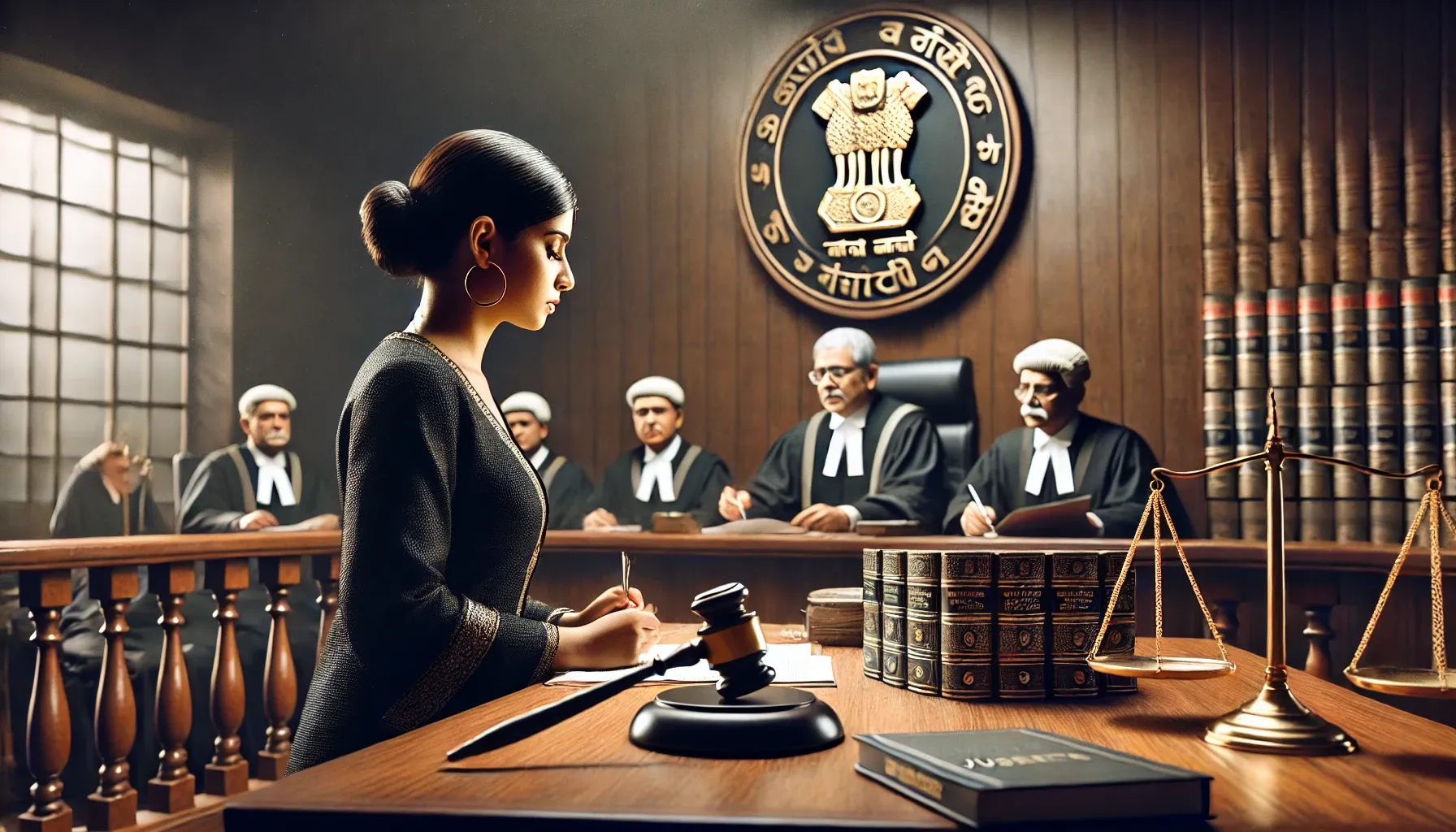The J&K High Court ruled that an ST person retains their community status even after marrying outside. It directed urgent reconsideration of a denied ST certificate, ensuring the woman meets a civil exam deadline.

In a crucial ruling, the High Court of Jammu & Kashmir and Ladakh has directed the authorities to reconsider their decision denying a Scheduled Tribe (ST) certificate to a woman from the Padri Tribe on the grounds that she had married outside her community. The Court noted that the Ministry of Home Affairs (MHA) has already clarified that a Scheduled Caste (SC) or Scheduled Tribe (ST) person continues to belong to their community even after inter-community marriage.
The Court issued an urgent directive to the authorities, ensuring that the woman’s ST certificate issue is resolved before February 11, 2025, enabling her to apply for a civil service examination within the deadline.
Case Background
- The petitioner, Shivaeta Rani, is a woman belonging to the Padri Tribe, a recognized Scheduled Tribe (ST)community in Jammu & Kashmir.
- She applied for an ST certificate, but the concerned authorities denied her request citing that she had married a non-Padri person.
- This decision threatened her eligibility to apply for an upcoming civil service examination, prompting her to approach the High Court of Jammu & Kashmir and Ladakh for relief.
Court’s Observations and Government's Position
- Justice Wasim Sadiq Nargal, who presided over the case, relied on a clarification issued by the Ministry of Home Affairs (MHA), which explicitly states that an SC/ST person does not lose their caste or tribe status upon marrying outside their community.
- The government’s Senior Additional Advocate General (AAG) Monika Kohli, representing the authorities that initially denied the certificate, acknowledged this clarification and did not oppose granting relief to the petitioner.
- The government’s legal counsel further suggested that the case could be resolved if the petitioner was given liberty to reapply for the ST certificate.
Urgency Due to Civil Services Exam
- The petitioner’s counsel emphasized the time-sensitive nature of the case, as she needed the ST certificate to meet the February 11 deadline for her civil services examination application.
- Considering the urgency, the Court ruled that the petitioner should not have to reapply and instead directed the authorities to reconsider their previous decision immediately.
High Court’s Order
- The Court directed the concerned authorities to issue a decision on the ST certificate without requiring a fresh application from the petitioner.
- The authorities were instructed to communicate their decision on or before February 11, 2025, ensuring that the petitioner could apply for the civil service exam in time.
The Court, while disposing of the petition, stated:
"Keeping in view the urgency expressed and the career of the petitioner is involved, this Court deems it proper to dispose of the instant petition by directing the respondent No. 5 to take a decision in the instant matter for issuance of a certificate i.e., ST category certificate in favour of the petitioner being a member of Padri Tribe, on or before 11.02.2025."
Legal Significance of the Judgment
- Clarifies that SC/ST status is not affected by inter-community marriage, affirming constitutional protections.
- Ensures equal opportunities for individuals facing administrative hurdles in claiming their rightful caste or tribe certificates.
- Sets a precedent for similar cases where authorities deny ST/SC status due to marriage outside the community.
Case Title: Shivaeta Rani Vs Union of India and Ors.
Attachment:





